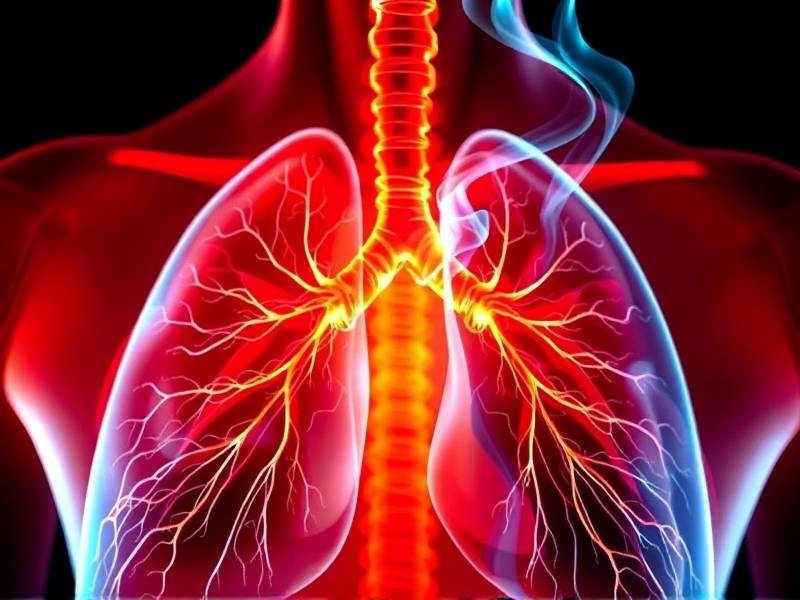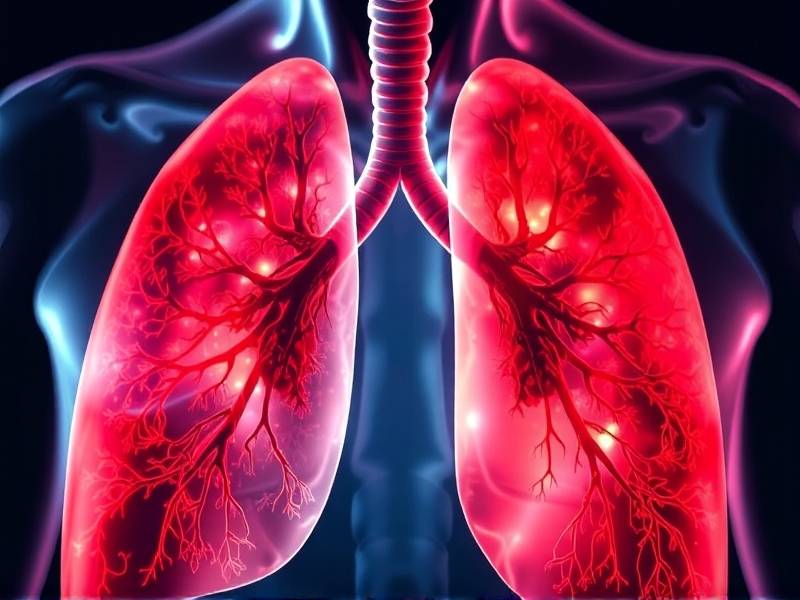How to Quickly Improve Lung Health After Quitting Smoking: Effective Tips and Strategies
"How to Quickly Improve Lung Health After Quitting Smoking: Effective Tips and Strategies"
Introduction: Quitting smoking is a significant step towards improving overall health, especially lung health. The lungs are resilient organs, capable of healing from the damage caused by smoking. However, the process can be slow. This article provides effective tips and strategies to help you quickly improve lung health after quitting smoking.
-
Start with a Clean Slate The first step in improving lung health after quitting smoking is to remove any remaining tobacco products from your environment. This includes avoiding secondhand smoke and removing ashtrays, lighters, and other smoking paraphernalia from your home and workplace.

-
Increase Physical Activity Regular physical activity can help improve lung function and promote healing. Engage in activities like walking, jogging, cycling, or swimming for at least 30 minutes daily. This will not only enhance your lung capacity but also aid in weight management, which can reduce the risk of respiratory issues.
-
Stay Hydrated Drinking plenty of water is essential for maintaining healthy lungs. Water helps thin mucus in the airways, making it easier to expel and reducing the risk of infections. Aim for at least eight glasses of water per day.

-
Eat a Balanced Diet A balanced diet rich in fruits, vegetables, lean proteins, whole grains, and healthy fats can support lung health after quitting smoking. Certain nutrients like vitamin C, vitamin E, selenium, and beta-carotene have been shown to protect against oxidative stress caused by smoking.
-
Use Supplements Wisely Supplements such as vitamin C and E can provide additional protection against oxidative stress and inflammation in the lungs. However, it's crucial to consult with a healthcare professional before starting any new supplement regimen.
-
Practice Breathing Exercises Breathing exercises like diaphragmatic breathing or pursed-lip breathing can help improve lung capacity and reduce shortness of breath after quitting smoking.
-
Avoid Exposure to Pollutants Exposure to pollutants such as dust, smoke from fireplaces or bonfires, and chemical fumes can exacerbate lung issues after quitting smoking. Take measures to minimize exposure to these pollutants in your home and workplace.
-
Seek Professional Help If you're struggling with withdrawal symptoms or experiencing difficulty breathing after quitting smoking, seek professional help from a healthcare provider or a quit-smoking counselor.
Conclusion: Improving lung health after quitting smoking requires patience and commitment. By incorporating these effective tips into your daily routine, you can accelerate the healing process and enjoy better overall well-being sooner than expected.
